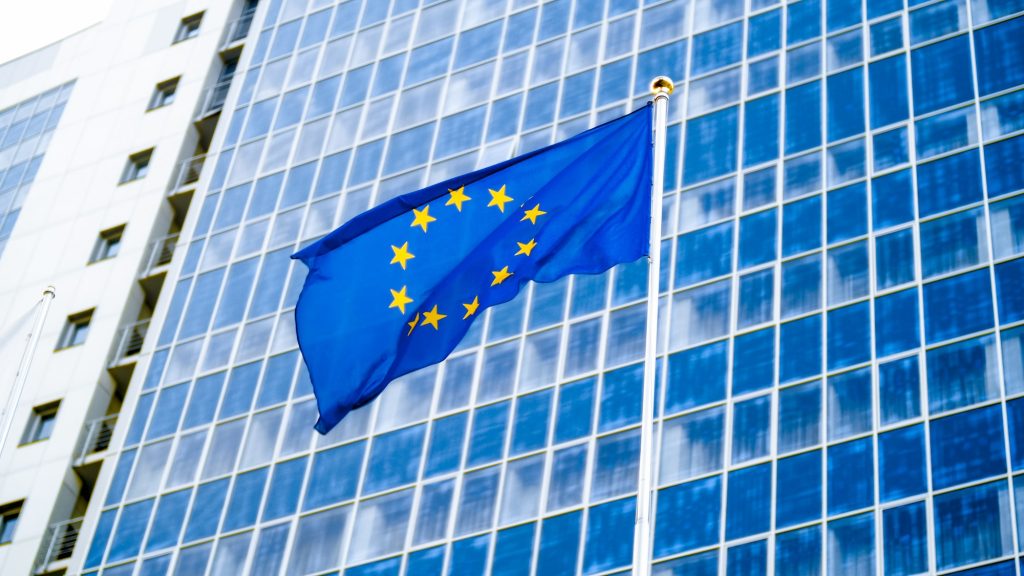EU Council calls for promoting safe AI that respects fundamental rights
EU Council takes a significant step towards ensuring safe and ethical AI with its ‘general approach’ on the Artificial Intelligence Act. The proposed regulation focuses on safeguarding rights while fostering innovation. Highlights include clear definitions, curbing harmful AI practices, and empowering compliance.

The Council has established its position, known as the ‘general approach,’ regarding the Artificial Intelligence Act within the EU. This act is geared towards ensuring the safe and lawful usage of AI systems in the EU market while upholding fundamental rights and the values of the Union. The proposed regulation, a pivotal component of the EU’s AI policy, takes a risk-based approach, providing a standardized legal framework to ensure adherence to regulations.
Key elements encompass:
- Clearly defining AI systems, with a focus on machine learning and logic-based methods.
- Prohibiting specific AI practices, like social scoring and the exploitation of vulnerable groups.
- Categorizing high-risk AI systems and outlining detailed compliance requirements.
- Clarifying responsibilities along AI value chains and aligning them with existing laws.
- Addressing the integration of general-purpose AI systems into high-risk ones.
- Excluding national security, defense, and non-professional use from the Act’s scope.
- Improving the compliance framework, streamlining market surveillance, and empowering the AI Board.
- Applying proportionate penalties for non-compliance, considering SMEs and startups.
- Prioritizing transparency, such as public entity registration and user alerts for emotion recognition systems.
- Introducing measures that encourage innovation-friendly regulations, like AI regulatory sandboxes and provisions for real-world testing.
Why does this matter?
The Council’s adoption of this general approach initiates negotiations (‘trilogues’) with the European Parliament, aiming for a final consensus on the proposed regulation. This underscores the need to balance innovation with safeguarding fundamental rights in utilising AI within the EU market.
